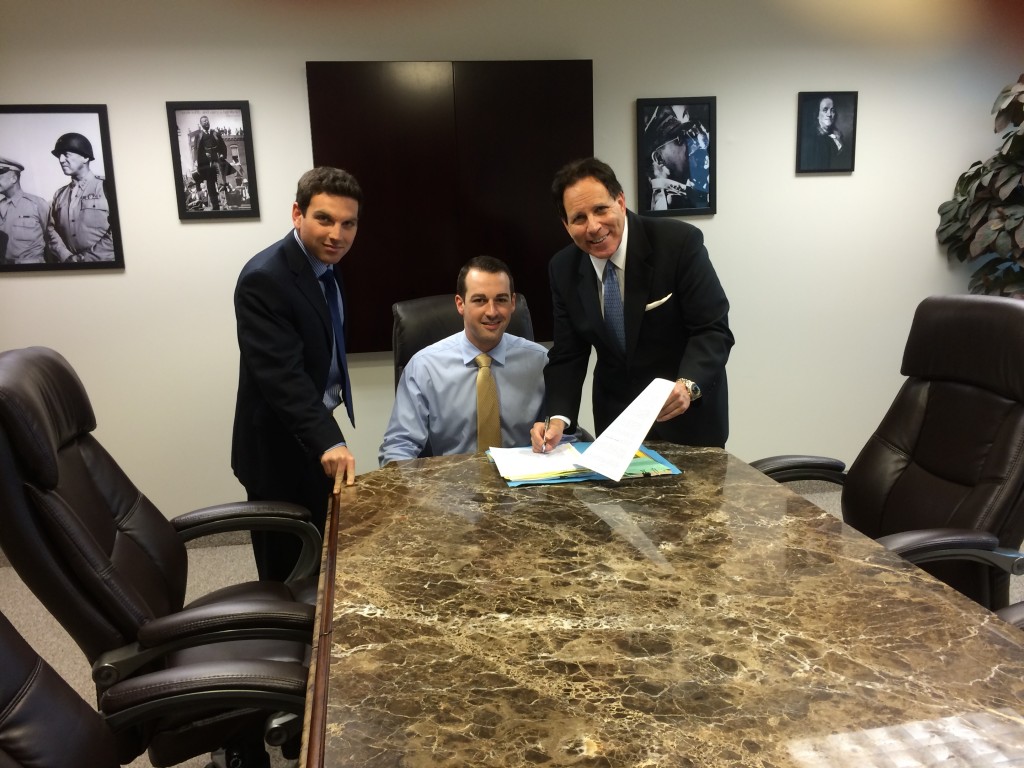The U.S. Supreme Court is about to clarify an employer’s obligation to provide accommodations for religious discrimination under Title VII.
In E.E.O.C. v. Abercrombie & Fitch Stores, Inc., the Court will determine whether a retail store in Woodland Hills Mall in Tulsa, Oklahoma discriminated by failing to accommodate a young woman who was refused hire as a “model” or sales associate because she wears a head scarf, or hijab, for religious reasons. The head covering violated Abercrombie’s “Look Policy,” which applies prohibits employees from wearing certain attire, such as black clothing and caps. Violation of the Look Policy subjects an employee to disciplinary action, up to and including termination.
Pursuant to Abercrombie’s policy, the assistant store manager who interviewed the applicant did not ask her questions regarding her religion. Moreover, the applicant never referenced her head scarf, and she did not ask any questions regarding the dress code, although it was discussed.
After the interview, the assistant store manager was advised that the applicant should not be hired because the head scarf was inconsistent with Abercrombie’s Look Policy.
The EEOC brought suit for religious discrimination insofar as it failed to hire her because she wore a head scarf and that it failed to accommodate the applicant’s religious beliefs.
The trial court found that the store did in fact discriminate based on religion. Of interest is the fact that the trial court reasoned that the decisive factor was not whether the applicant explicitly requested an accommodation, but whether the employer had enough information to be on notice that a religious accommodation was needed.
The truth is it would have been easy for Abercrombie to avoid this lawsuit. If they had been properly advised, they would be aware of simple steps that can be taken which would not give rise to a claim of religious discrimination and failure to accommodate. Employers facing discrimination issues should always consult a knowledgeable attorney.
If you or someone you know is facing issues relating to discrimination based on religion, race, gender, sex, ethnicity, or disability call Gilbert Law Group today at (631)630-0100.


425 Broadhollow Road
Suite 405
Melville, NY 11747
631.630.0100 | Map
60 East 42nd Street
Suite 1050
New York, NY 10165
631.630.0100 | Map